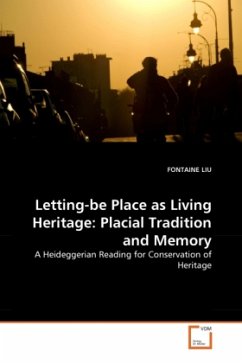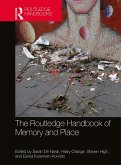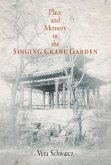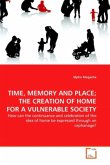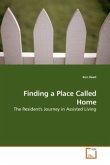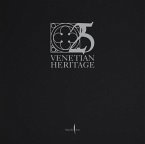Place is a core concept in heritage conservation. It is argued that heritage conservation currently has a rationalist framework that by and large sees place as an object-based, fabric-focused and cartographically defined physical location. Following Heideggerian thinking, this dissertation reconceptualises place existential- phenomenologically as an open and non-static concept based on human inhabitation in' place ( dwelling'). Place in its place-ness is argued to be living heritage, with an inherent human dimension. To let- be' something is to reveal the thing for what and how it is, as itself in itself, and not what it is thought to be. Heidegger's existential- phenomenological notion of letting-be' has the potential to provide an alternative ground for heritage conservation. This dissertation calls for place to be let-be' as living heritage, with its changing way of life and multiplicity of human shared re-memberings in' place. It concludes that it is imperative that heritage conservation look beyond the physical aspects of place to the active human dimension inherent in place and in so doing, let-be' place as living heritage.
Bitte wählen Sie Ihr Anliegen aus.
Rechnungen
Retourenschein anfordern
Bestellstatus
Storno

